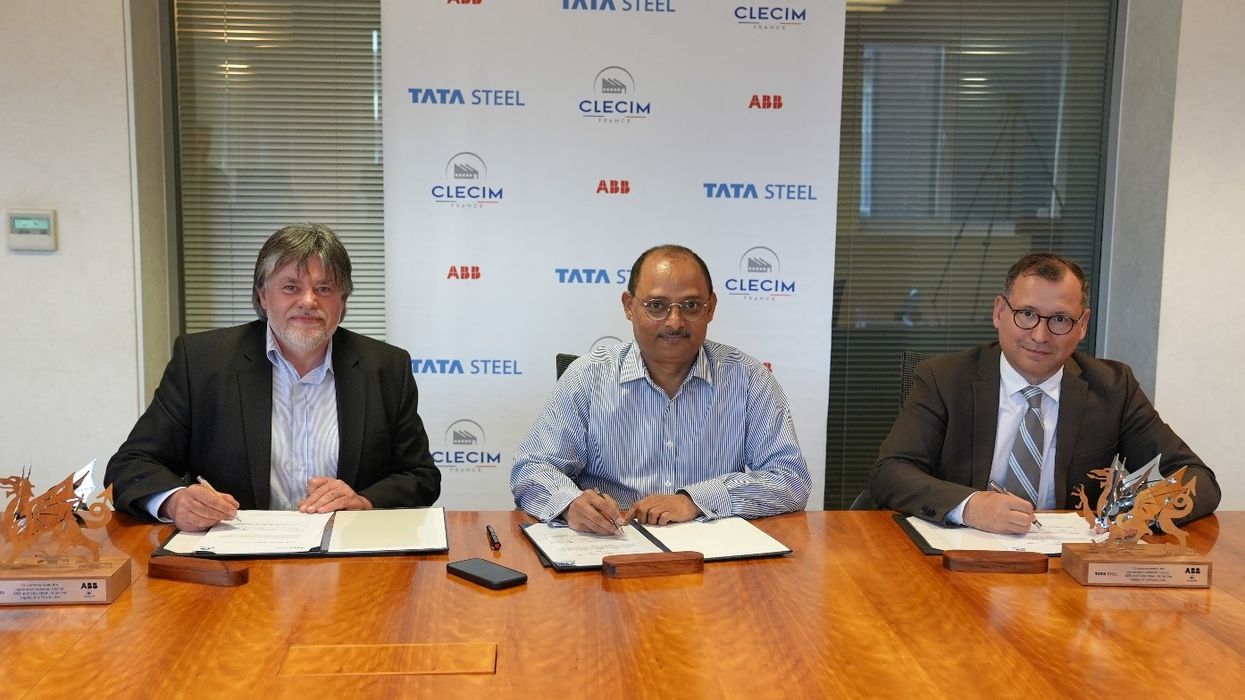TATA STEEL has signed contracts with Clecim and ABB Limited to supply a new pickling line at its Port Talbot site in Wales, marking a key step in the company’s green steelmaking plans.
The £1.25 billion investment, which includes £500 million in government support, will see the introduction of a 1.8 million tonne pickle line at the site. The project is expected to create 250 local jobs during the construction phase.
Clecim, a global supplier of steel processing lines, and ABB, a leader in technology, will provide the equipment and expertise required for the new pickle line.
According to a statement, the line will process hot rolled coils to remove oxide scale formed during the steel rolling process, improving product quality and enhancing the bonding of coatings or finishes.
Tata Steel CEO Rajesh Nair said: "Our new pickle line will play a crucial role in our green steelmaking facility at Port Talbot, ensuring we can meet the demand for high-quality, low CO₂ steel products."
Clecim will supply the mechanical and process equipment, while ABB will handle the electrification and automation technology. With the pre-engineering phase complete, both companies are now proceeding with detailed engineering.
Thomas Comte, CEO of Clecim, said: "We are proud to contribute to Port Talbot’s transformation. This project highlights the strong partnership between Tata Steel, ABB, and Clecim. We are working together to install the new pickle line and ensure its long-term success."
Frederik Esterhuizen, ABB gobal business line manager, added: "Decarbonisation requires strong collaboration. We are confident that, together with Clecim, we will drive progress for Tata Steel and the wider industry."
Industry minister Sarah Jones said: "This is another positive step for steel in South Wales. The investment will help Welsh steelmaking grow and attract further investment, supporting our Plan for Change."





